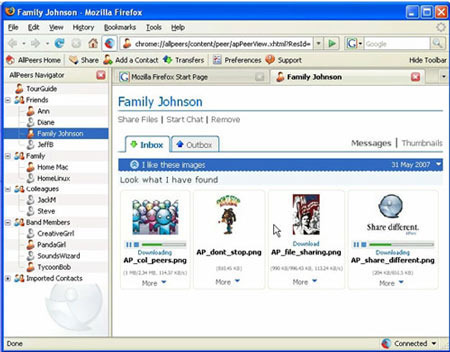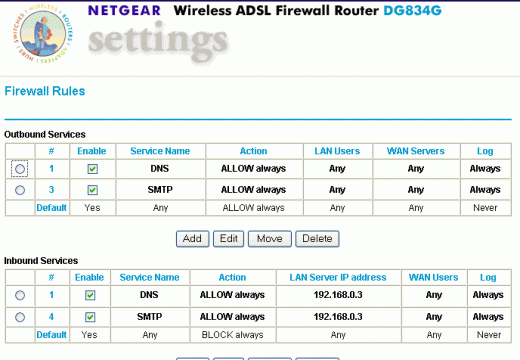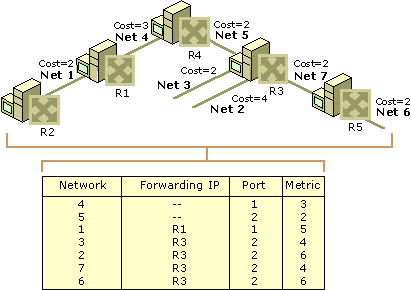A common practice in modern society is the use of file sharing programs and applications. These file sharing programs have been shrouded in controversy, scrutiny, and criticism since their inceptions. Despite that, however, file sharing programs are used by millions of people worldwide on a daily basis and that number is only growing. This article will examine what exactly file sharing is and explore some of the most popular P2P programs and file hosting sites that support the file sharing community.
What is File Sharing
File sharing involves many different people using the Internet to share their files. Some of these files may be innocent in nature such as personal writings, videos, or images. The majority of file sharing, however, consists of users sharing copyrighted media such as songs, movies, and books. Because of this fact, there is a constant battle between copyright agencies and file sharing users. Both sides use the law and technology to combat each other, the former using mostly scare tactics while the latter uses mostly stealth, teamwork, and the First Amendment to hide from prosecution.
P2P
P2P stands for Peer-To-Peer and consists of a program that collects media files from the user's computer, stores them in a library, and shares them with other users who are also using the software. P2P software is most widely used for illegal music sharing and pornography while some users genuinely do use the software for distributing their own songs, books, or videos. The following are some examples of P2P software.
Ares
Ares, like most P2P programs, is completely free and collects user's files in its own library. The program automatically shares the user's files with the rest of the network but the user has the option of not sharing specific files. In exchange for sharing his/her files, the user is able to search the network to find songs, movies, pornography, images, documents, and programs that other users are sharing.
eMule
eMule is a program similar to Ares that has grown quite a reputation for itself. EMule has replaced the once-famous eDonkey as the preferred P2P client. EMule is used by millions of individuals around the world and is completely open source which means that other users are welcome to modify the program in order to make it better for all who use it.
Gnutella
Gnutella was created in the year 2000 and therefore has been available for a decade now. Gnutella has a fanbase of several millions users who take great pride in the program's open source nature which allows the community to reverse engineer and duplicate the entire network whenever it is taken down by a internet Service Provider, copyright organization, or government entity.
File Hosting
File hosting is different from P2P and consists of files that users have uploaded to an online server so that other users may download these files at a later time. Some users upload files so that they can be shared with large amounts of people while other users upload files specifically for certain individuals such as friends, relatives, or coworkers and take precautions to ensure that these are the only people who have access to the files. The following are some free file hosting sites that users may use to share their files.
YouSendIt
YouSendIt allows users to email files to friends and family without worrying about the low attachment limit that most email hosting services allow. YouSendIt Lite provides users with a 100 MB file size limit and each file can be downloaded up to 100 times. For short term use, each plan comes with a free trial, the largest plan being the Corporate Suite that allows users to send and receive files up to 2 GB in size and store up to 20 GB of files on the server.
MediaFire
MediaFire allows users to upload files to a personal profile page where files can be organized into separate folders depending on type or genre. MediaFire allows the user to upload up to 500 files at a time and has no maximum file size limit whatsoever.
FileDen
FileDen's free account provides the user with 1 GB of personal storage, a 100 MB file size limit, and a 5 GB monthly data allowance (uploading and downloading). FileDen's premium account, however, provides the user with 15 GB of personal storage, a 1 GB file size limit, and a 150 GB monthly data allowance.




JackManga
Don’t forget Frostwire! It ROCKS!